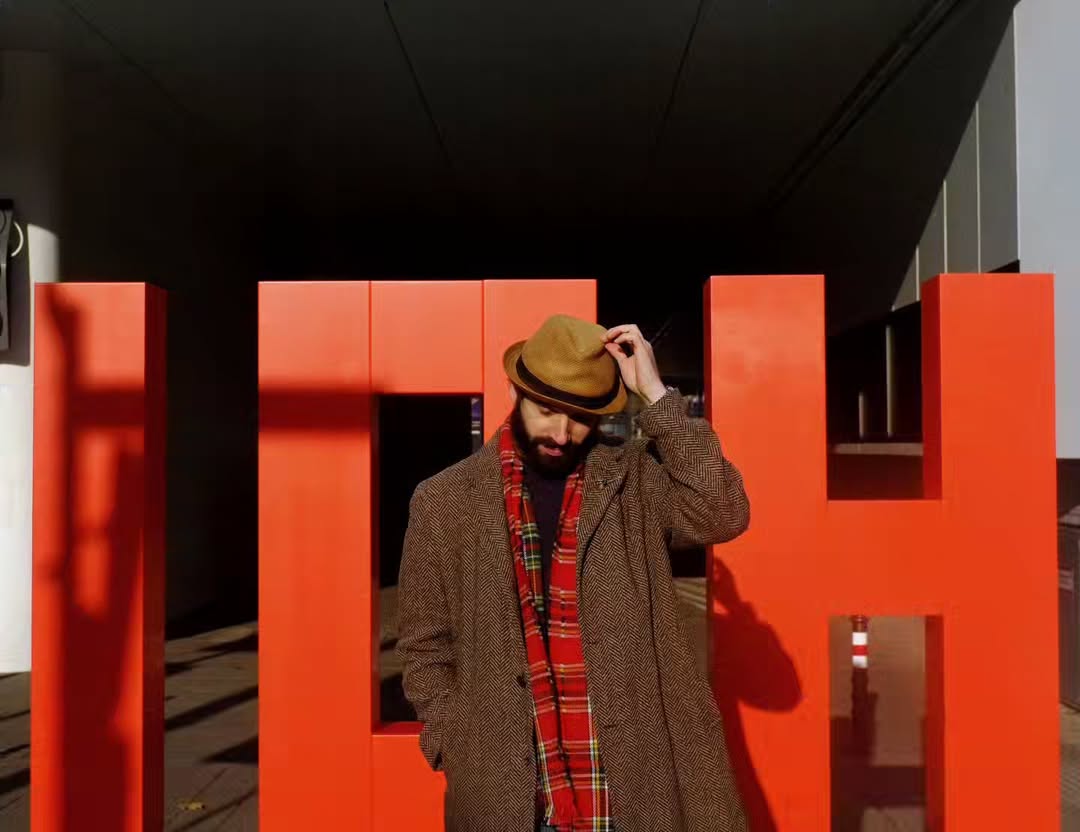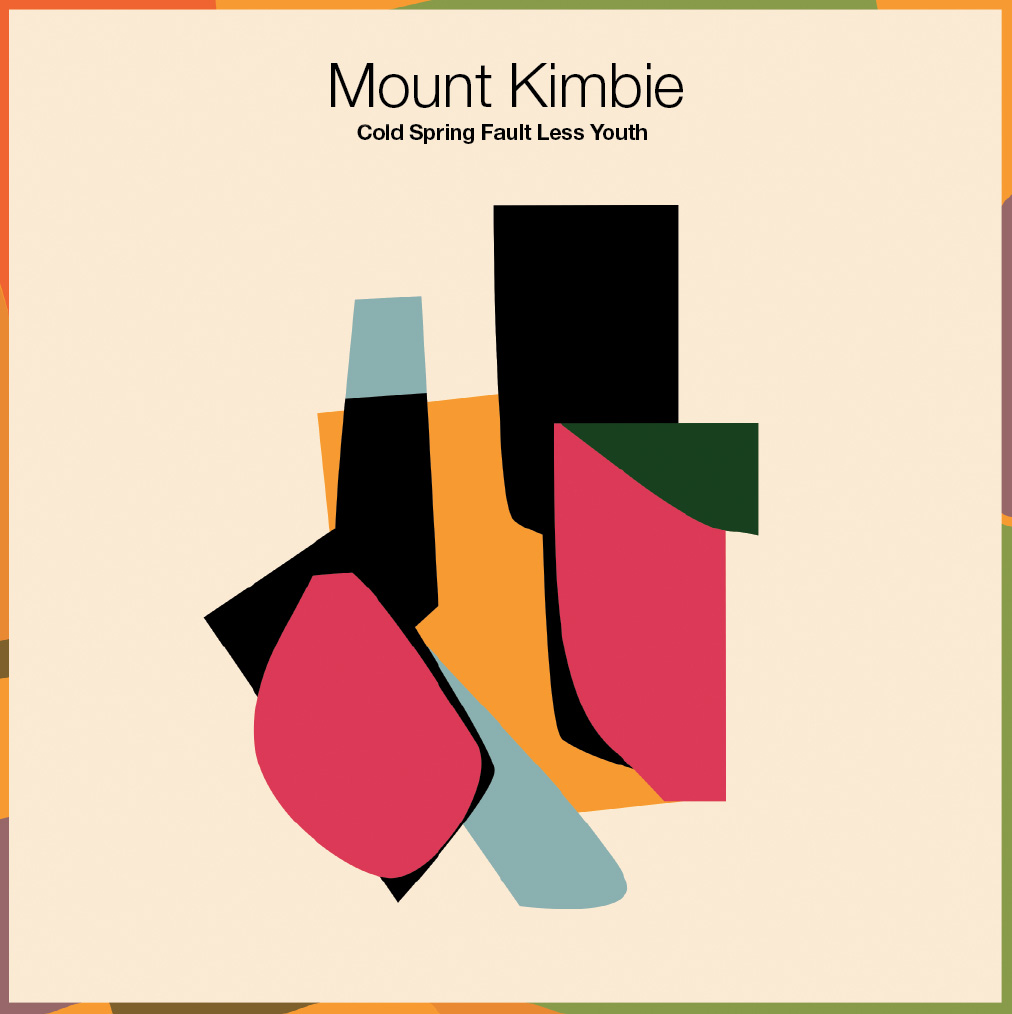If you’ve spent any time with The Thin Air over the past decade and a bit, chances are you’ll be familiar with our long-standing appreciation of Derry artist Chris McConaghy, better known as Our Krypton Son.
Since the release of his self-titled debut back in 2012 – a record that remains one of the most quietly devastating and fully-formed debut albums to ever emerge from the North – McConaghy has continued to carve out a singular path. With Fleas & Diamonds and Modern Ruins, he didn’t just build on that early promise: he expanded it into something deeper and more unshakably his own. Both records were nominated for the NI Music Prize. Either one could, and should, have taken it.
Plenty of artists are dubbed troubadours, a title often thrown around with the kind of vague romanticism that crumbles under scrutiny. But McConaghy is the rare exception: a songwriter of startling depth and precision, whose work genuinely earns – and transcends – the title. Across three albums and shorter releases, he’s constructed a body of work that, in its own way, could comfortably sit alongside the high watermarks: Lennon, Cohen, Wilson, sure, but also the spectral ache of Elliott Smith and the chambered emotional weight of Mark Hollis. His voice is unmistakable. His craft, razor-sharp. And more than a decade in, he remains one of Ireland’s most consistently brilliant musical minds.
That fact was cast into sharp relief back in May with ‘Trouble in Ward 4,’ a track that arrived not with huge fanfare but with quiet, undeniable force. A tribute to his late father, it was an elegy in the truest sense; a sweeping, gorgeously arranged meditation on loss, memory and the flicker of hope that insists on surviving even our darkest hours. Every element – from the strings to the middle-eight to the song’s gently vanishing coda – felt purposeful and weightless.
Now comes its follow-up and with it, the title track from his forthcoming album, Blue Skies Over Curlew. At once expansive and deeply intimate, it finds McConaghy mining memory and stillness for meaning, crafting a world that feels simultaneously domestic and dreamlike. A delicate swell of slide guitar, plaintive piano and exquisite orchestration turn a passing thought into a cathedral of sound.
Rich, evocative lyricism abounds: “The postman is at the door / He knocks once, gets no answer / and turns the volume up / till he’s drowned out the world.” It’s scene-setting of the highest order; not just describing but animating a moment of suspended time.
That stasis, McConaghy explains, was rooted in lockdown:
“The song is a tail-end of lockdown one about that feeling of stasis that everyone shared and of looking forward to things getting back to normal. The ‘Curlew’ in the title, apart from being a type of bird, is also the name of the street where I grew up and lived at the time (Curlew Way).”
As ever, McConaghy balances melancholia with melodic light, constructing songs that gleam with both clarity and complexity. Scene by scene, line by line, ‘Blue Skies Over Curlew’ builds a (literal) dream-pop soundworld where memory and imagination blur.
Ahead of its release tomorrow, have a first listen below.






